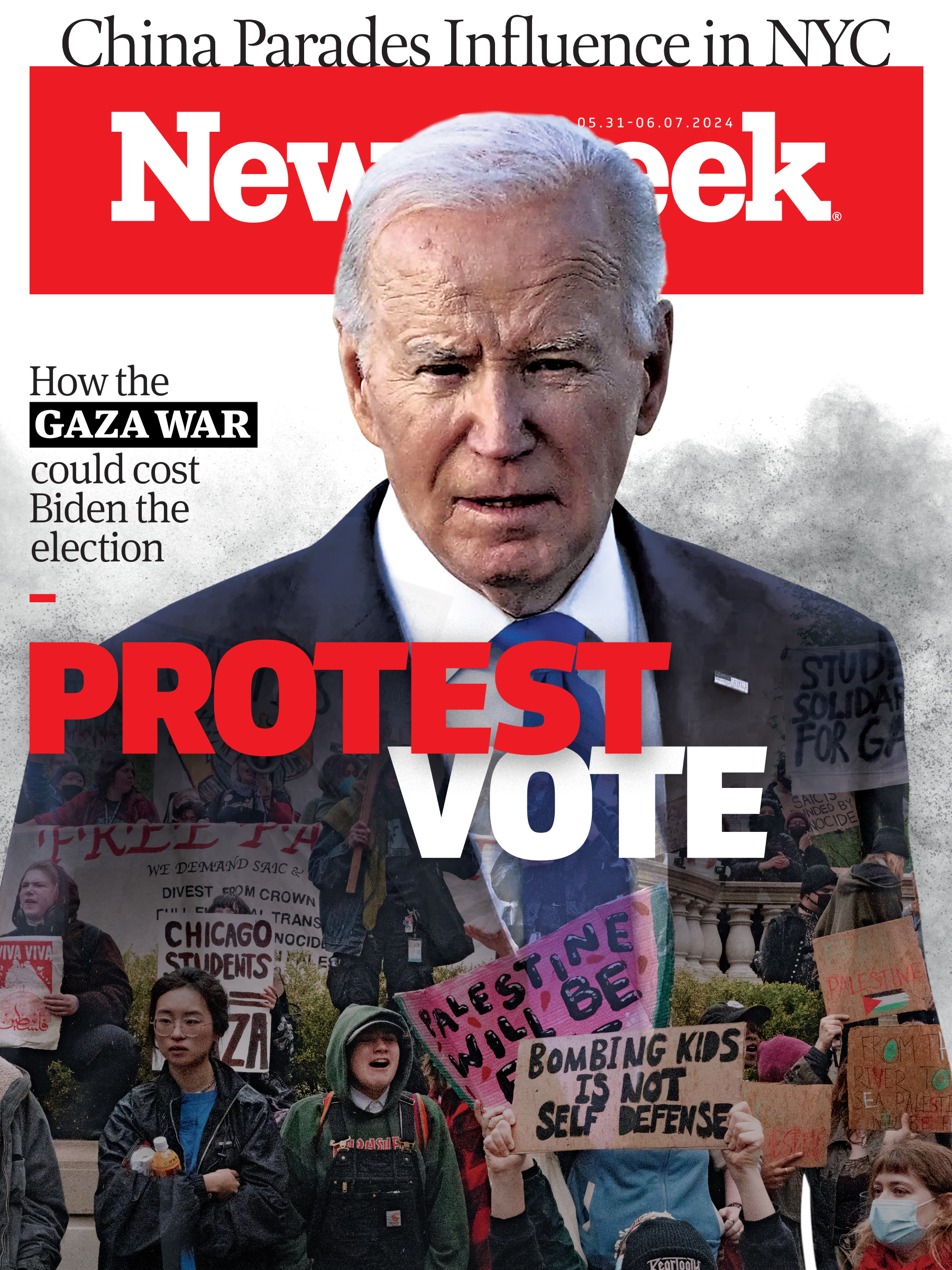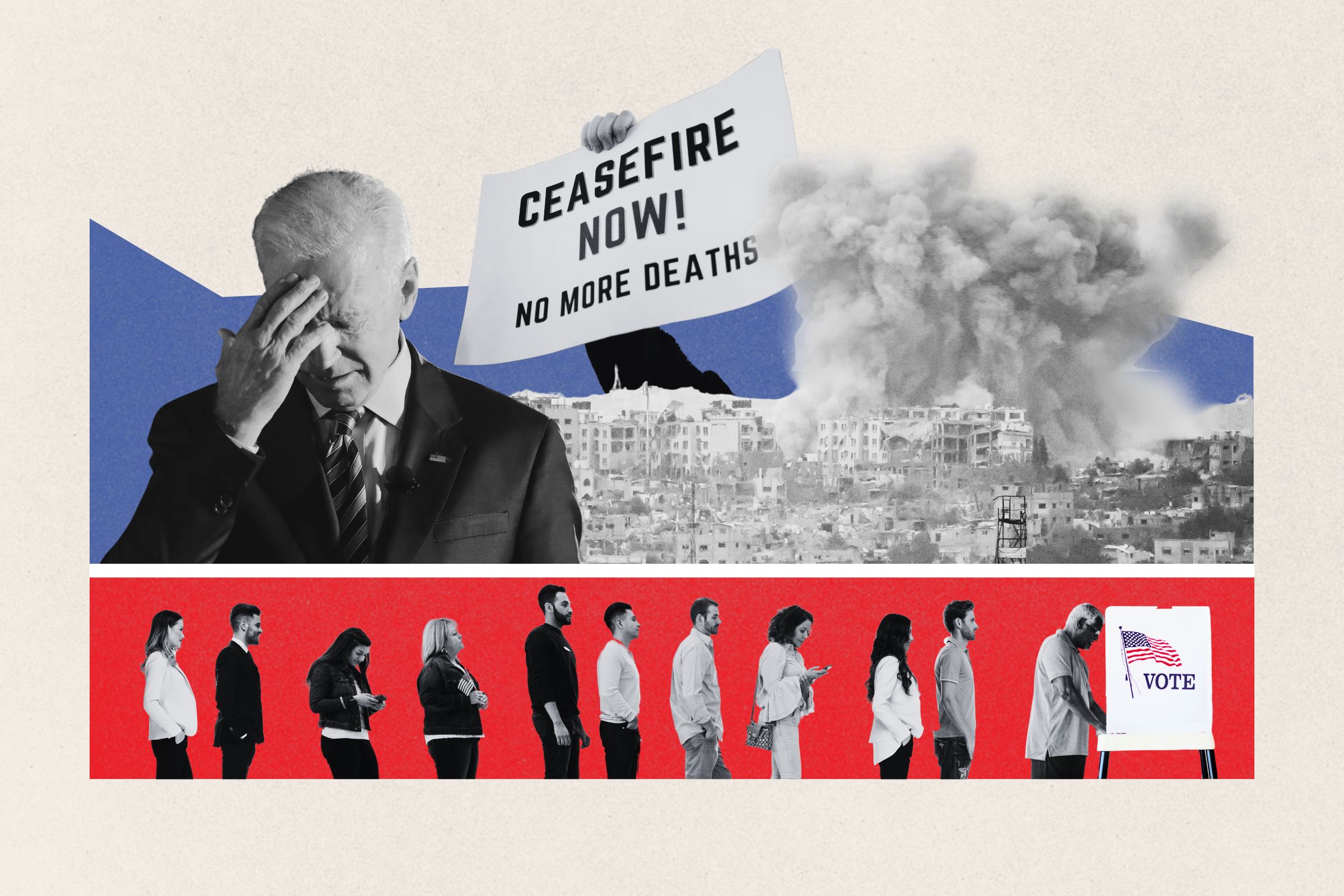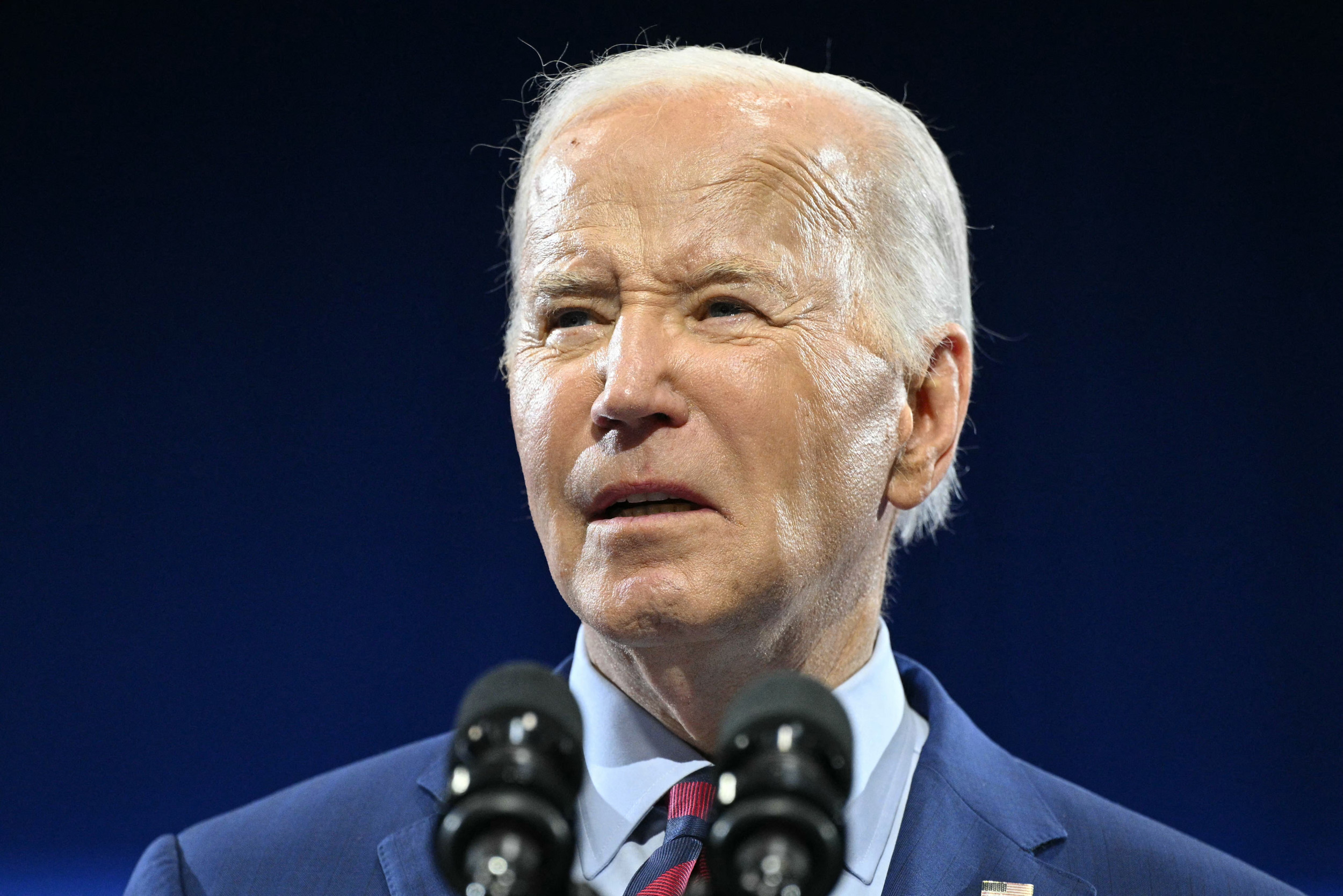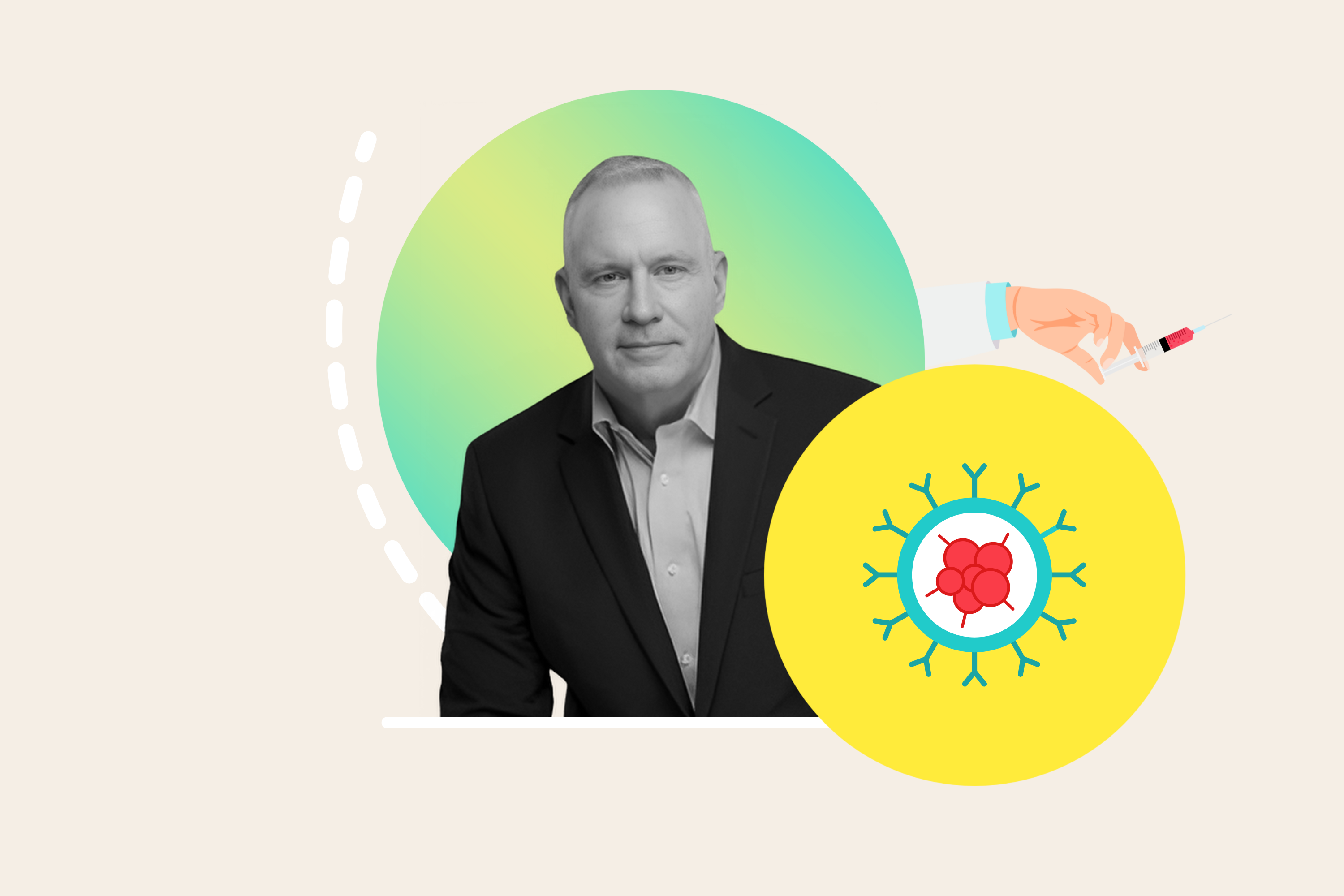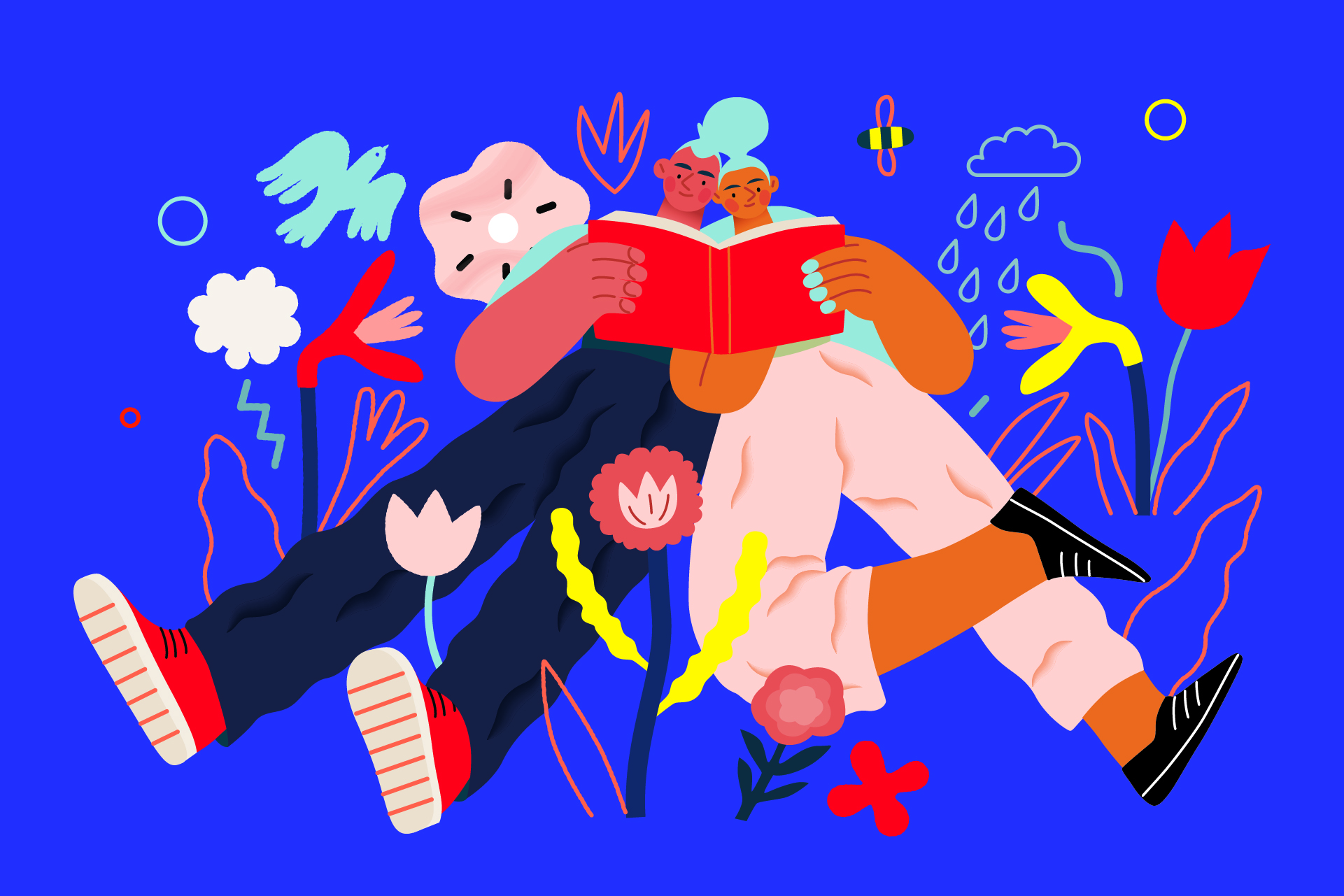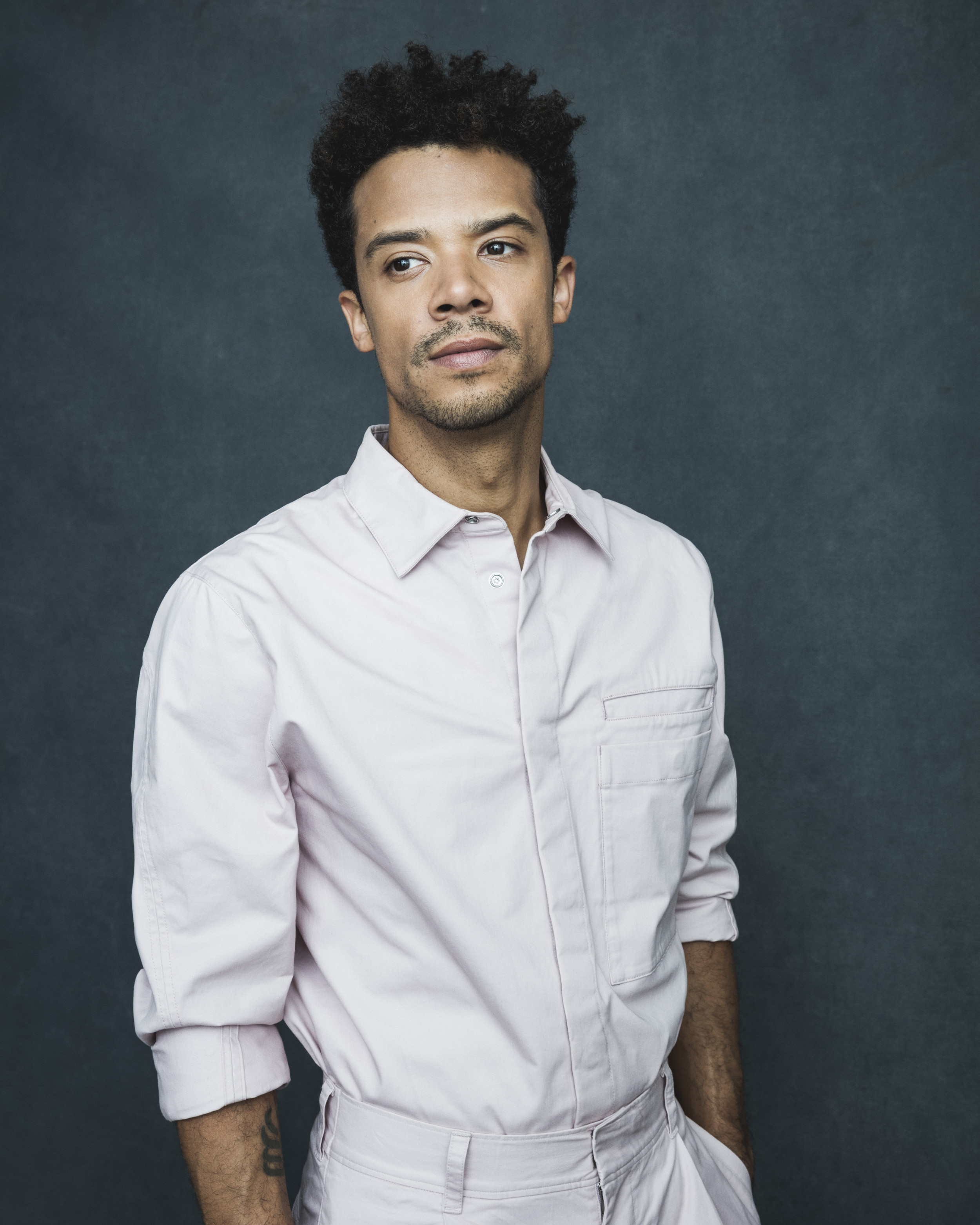The death toll associated with the novel coronavirus, otherwise known as COVID-19, has well surpassed 100,000 in the United States. To place this suffering in context, more Americans have died during the past three months due to COVID-19 than all the American deaths suffered during the Vietnam War, the fatalities due to the 9/11 terrorist attacks, the wars in Iraq and Afghanistan, and the deaths resulting from H1N1, Ebola and the Zika virus—all combined. In three months, COVID-19 killed more Americans than what Americans have witnessed in the past 50 years of war and disease combined.
The chilling number of American deaths that spanned nearly two decades in Vietnam (58,000) pales in comparison to deaths caused by this deadly virus. In essence, COVID-19 took barely two months to surpass deaths suffered by Americans over 19 years of the Vietnam War. And while the Vietnam War is long over, COVID-19 still rages in the United States.
What this staggering death toll brings to light are two interrelated matters. First, it exposes questions related to capacity, compassion and competency in American leadership—from the federal government down to local officials. The failure to heed international warnings and develop effective test kits in December and January highlights serious weaknesses in pandemic preparedness and American leadership. Hasty and imprudent political rhetoric in February and March, comparing COVID-19 to the seasonal flu, was not only inaccurate and misguided; it likely contributed to a sense of false security among Americans, who came to believe the virus was no more infectious and no greater a threat than the seasonal flu. Sadly, this view persists among some Americans, including in government.
Second, fundamental questions of constitutional law have also emerged. The coronavirus crisis has brought to the forefront a national debate related to the interaction between constitutional rights, state police powers and federalism: What are the limits of government action in the midst of a pandemic?
Certain basic constitutional law questions persist for some Americans: Do governors have the authority to issue executive orders to shelter-in-place or quarantine? Can the legislature prioritize some business activity as "essential" while not granting that status to others? Is it legal to impose shelter-in-place on Sundays—a day when many Americans seek to worship?
The short answer is that, for nearly three centuries, quarantine has been justified and legally upheld—even before the official founding of the United States, dating all the way back to 1738.
In an 1824 case, Gibbons v. Ogden, the Supreme Court specifically referenced state authority to regulate health and erect quarantine laws. Eighty years later, in a seminal decision, the Supreme Court spoke directly to state police power to protect public health in its 1905 ruling, Jacobson v. Massachusetts. In that case, the Court upheld an ordinance requiring compulsory vaccination of all persons fit for inoculation. The Court found the statute to be a valid exercise of local police power to protect public health and reduce the spread of small pox—a deadly disease.
Despite the myriad rallies and protests to "re-open"—some filled with vile and violent imagery, including effigies—governmental authority to impose the types of orders modeled in California by Governor Gavin Newsom, in Michigan by Governor Gretchen Whitmer or in New York by Governor Andrew Cuomo is clear, consistent with constitutional law and legal. In other words, during a pandemic, some constitutional rights may be burdened, but only to protect the public health and promote safety.
Nevertheless, government authority is not absolute—and that's important to keep in mind, even in times of pandemic. In fact, during times of national disaster and health crises, government may attempt to exercise unconstitutional authority or unfairly or excessively infringe on civil rights and civil liberties.
Historically, governments, including our own, have deployed protecting the public health as a justification when seeking to harm and undermine the civil liberties of vulnerable groups. From eugenics, involving the forced sterilization of poor girls and women, to racial discrimination involving water fountains, swimming pools and interracial marriage, politicians have oftentimes claimed to be in the service of public health goals when actually serving no other purpose than the perpetuation of social and racial stereotypes and discrimination.
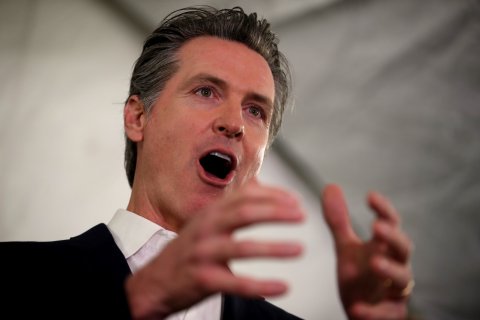
Nearly a century ago, the commonwealth of Virginia claimed it was in a public health crisis, "swamped" by children, men and women it considered socially and morally unfit. Its solution was to impose sterilization on Virginians as young as 10 years in order to rid the state of those who "burdened" society. The sad result included the sterilizations of thousands of people in Virginia alone—a clear violation of civil rights and civil liberties.
During this pandemic, questions related to the limits of governmental authority are all the more pressing and relevant in the wake of legislatures in Alabama, Indiana, Mississippi, Oklahoma and Texas, among others, that have used the pandemic as a cover for discriminating against women by dismantling abortion access. From a medical perspective, this is all the more senseless and tragic, considering that abortions are as safe as penicillin shots and far safer than child delivery; a woman is 14 times more likely to die by carrying a pregnancy to term than having an abortion. In these instances, hampering abortion rights had nothing to do with protecting health and safety, but were simply political attempts to undermine abortion rights.
For these reasons, government infringements on civil rights and civil liberties should be driven by science, confirmed by medical evidence and tailored to address the health harms and threats. It's not all or nothing—that's too simplistic a view. Rather, protecting the public's health and safety during COVID-19 requires prioritizing the public's health while safeguarding civil liberties.
Michele Goodwin is professor of law and founding director of the Center for Biotechnology and Global Health Policy at the University of California, Irvine School of Law.
The views expressed in this article are the writer's own.


